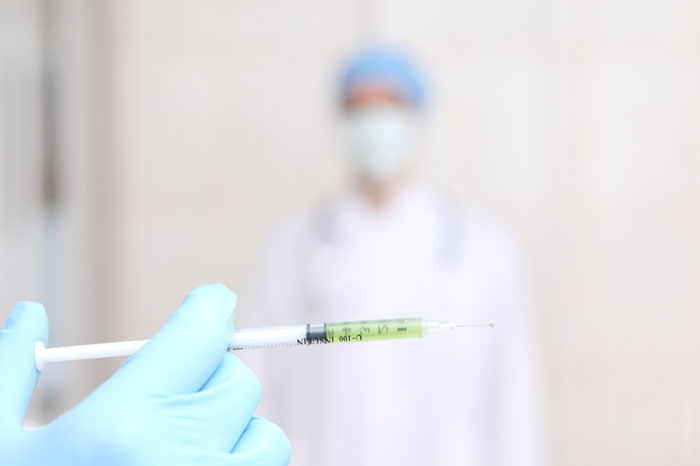7 Ways to Fight Fear of Shots in Children
If your child is afraid of injections, you are sure to have a load of trouble as you’re getting ready to head for the doctor. Needle-injected vaccinations ensure a good protection against developing illnesses, but for the kid it means only fear and pain! Moreover, sometimes injections come so fast one upon another that the poor junior has had over 20 of them before he or she turned 4. Can anything be done to get them calm and quiet for the next visit?

Look through these tips and see what brings the results.
Don’t deceive the child
When your little one guesses shrewdly that he or she is in for a shot, don’t fib them off. On the contrary, admit that they are going to be injected and explain to them that it’s a kind of protection and not a punishment. Be truthful that it will hurt – don’t let the child grow to learn that you lie and disregard what you will be saying next. Try and tell simply that it will hurt for a short time and give the little one a big smile to show that it’s over and they can relax.
Don’t be in a hurry to explain
Why should you announce to the child well in advance that they are going to get a shot? It can end up in their worrying and dwelling on the coming visit for several days. Just keep mum about it until the time comes. (But if they ask, don’t be coy and hazy about it, tell it straight.)
Yet, if you are not sure whether the doctor will give an injection, you are justified to be vague. Say that it may be or may not, you have to check up with the doctor’s office. It is supposed to get the kid relaxed and you avoid torturing them with anxiety needlessly.
Assuage the pain
If the problem is too acute, try an anesthetic cream. Inquire about the best brand and apply it on the skin some 20 minutes before the kid gets needled. Numbing will follow. As the shot is about to be made, engage the child’s attention by telling them something, pulling faces at them, or singing the song they like.
Step back when you feel you have failed
Sometimes children overreact trying to elicit response from their parents. They may even try to get you prevent the shot being made. When there is a serious case of hysterics, consider stepping aside and letting the doctor or the nurse deal with the situation. Once the acting up reaches a certain stage, your best bet would be to step outside and rely on the medicos. The other way is to go over to the far end of the room and help your child by eye contact. There are situations when it is the best you can do to spare the strain to everyone around.
Help assuage the pain
When it’s over, keep the child sitting in your lap for a while – there can be an after-effect of a momentary dizziness or light-headedness, so it’s not a good idea for the little one to get moving too quickly (the more so if the vaccination went off tempestuously). Rub the site of the shot gently or hold an ice pack against it to prevent swelling. Doctors often urge not to use pre-shot painkillers because they can decrease the effectiveness of the vaccine, but most of them suggest using Children’s Motrin or Tylenol if the vaccination is too painful. In any case get professional advice about the medicines you intend to use.
Make up for the experience
Come to the vaccination prepared to reward the kid for the pain they endure; even a trifle like a lollipop can serve as a treat to be looked forward to after the procedure is through. Follow it up with the expression of your appreciation and accentuating the positive aspects of the event. Alternatively you can promise your child a treat afterwards like going together to some special place and enjoying yourselves in his favorite hangout.
Be on the lookout for side effects
When you arrive for the vaccination, mind you get a list of possible reactions or side effects from the doctor or the nurse – there ought to be one listing all side effects of various degrees of gravity. Mild and controllable reactions from a number of vaccines often involve tender skin, fever, swelling, in worse cases – headache, fatigue. The reactions that require immediate medical aid include reduced consciousness, a seizure, labored breath, or an allergic onset. In this case dial 911 without delay.
